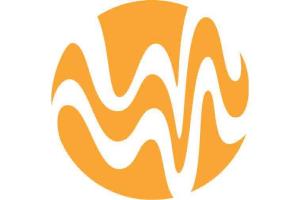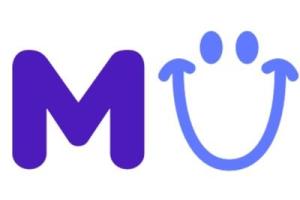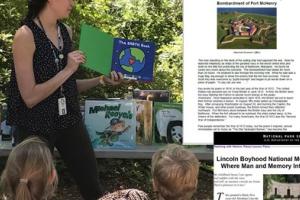
Teaching with Historic Places in Libraries
/index.php/resource/teaching-historic-places-libraries
National Park Service
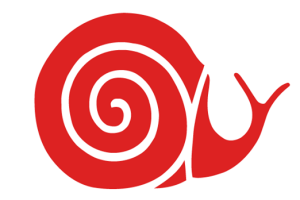
Good, Clean, and Fair School Garden Curriculum
/index.php/resource/good-clean-and-fair-school-garden-curriculum
Slow Food USA
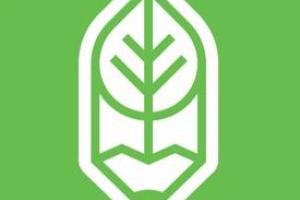
Out Teach Professional Development
/index.php/resource/out-teach-professional-development
Out Teach: Go Outside Expectations
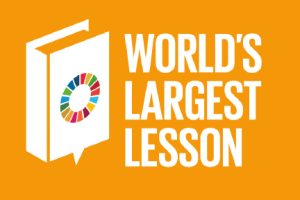
World`s Largest Lesson
/index.php/resource/worlds-largest-lesson
Project Everyone
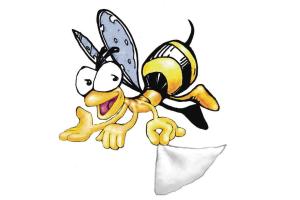
Natural Inquirer
/index.php/resource/natural-inquirer
U.S. Department of Agriculture, U.S. Forest Service, and Cradle of Forestry in America Interpretive Association
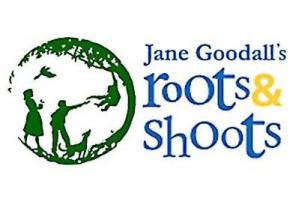
Jane Goodall`s Roots and Shoots
/index.php/resource/jane-goodalls-roots-and-shoots
The Jane Goodall Institute

Zero Energy Resources Hub
/index.php/resource/zero-energy-resources-hub
U.S. Department of Energy
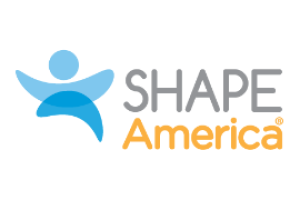
National Physical Education Resources
/index.php/resource/national-physical-education-resources
SHAPE America
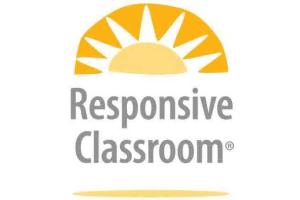
School Climate Resources
/index.php/resource/school-climate-resources
Responsive Classroom
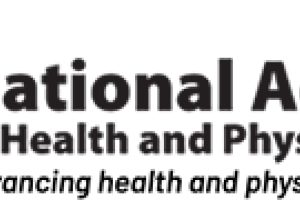
Physical Literacy Resources
/index.php/resource/health-physical-literacy-resources
National Association of Physical Literacy
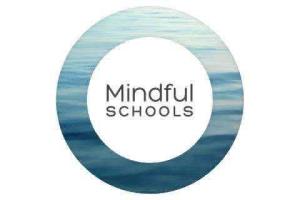
Mindfulness Training Resources for Educators
/index.php/resource/mindfulness-training-resources-educators
Mindful Schools
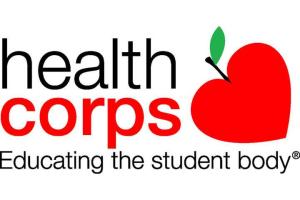
Living Labs and HealthCorps University
/index.php/resource/living-labs-and-healthcorps-university
HealthCorps

FoodSpan: Teaching the Food System from Farm to Fork
/index.php/resource/foodspan-teaching-food-system-farm-fork
Johns Hopkins Center for a Livable Future
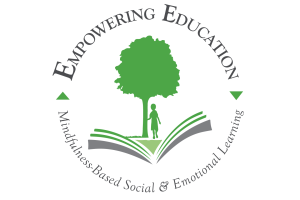
Mindfulness-Based Social-Emotional Learning Resources
/index.php/resource/mindfulness-based-social-emotional-learning-resources
Empowering Education
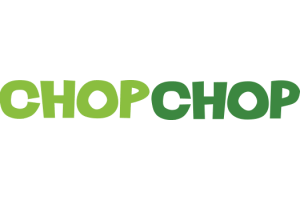
ChopChop Magazine and Educator Resources
/index.php/resource/chopchop-magazine-and-educator-resources
ChopChop Kids
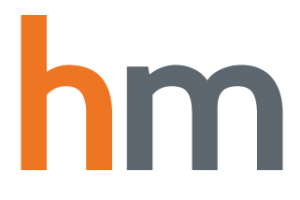
Research Regarding Wellbeing of Children in K-12 School Settings
/index.php/resource/research-regarding-wellbeing-children-k-12-school-settings
Center for Healthy Minds

Child Trauma Informed Schools Resources
/index.php/resource/child-trauma-informed-schools-resources
Collaborative Learning for Educational Achievement and Resilience (CLEAR)
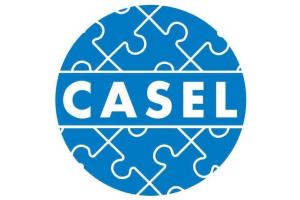
Resources for Integrating Social-Emotional Learning
/index.php/resource/resources-integrating-social-emotional-learning
Collaborative for Academic, Social, and Emotional Learning (CASEL)
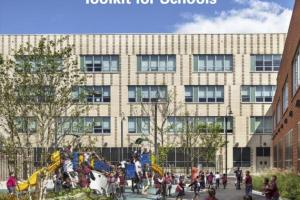
Active Design Toolkit for Schools
/index.php/resource/active-design-toolkit-schools
New York City’s Departments of Health and Mental Hygiene, Education, and Transportation
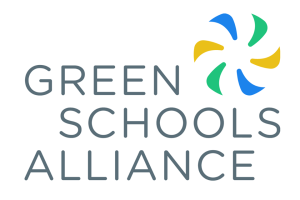
Comprehensive Green Schools Resources
/index.php/resource/comprehensive-green-schools-resources
Green Schools Alliance
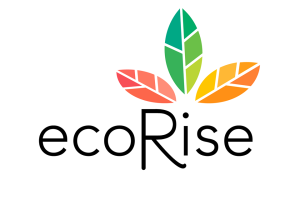
EcoRise Educational Materials
/index.php/resource/ecorise-educational-materials
EcoRise
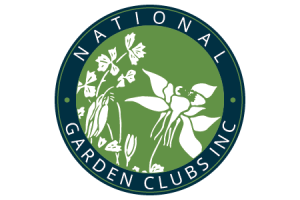
National Garden Clubs Youth Programs
/index.php/resource/national-garden-clubs-youth-programs
National Garden Clubs
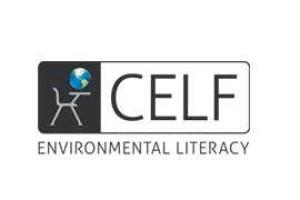
Various Environmental Literacy Services and Programs
/index.php/resource/various-environmental-literacy-services-and-programs
Children's Environmental Literacy Foundation
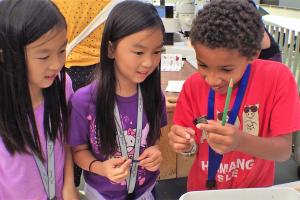
Environmental Literacy Grants
/index.php/resource/environmental-literacy-grants
National Oceanic and Atmospheric Administration
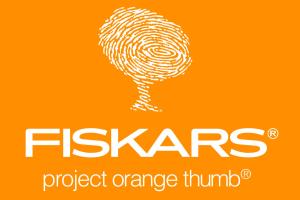
Project Orange Green Thumb
/index.php/resource/project-orange-green-thumb
Fiskars

